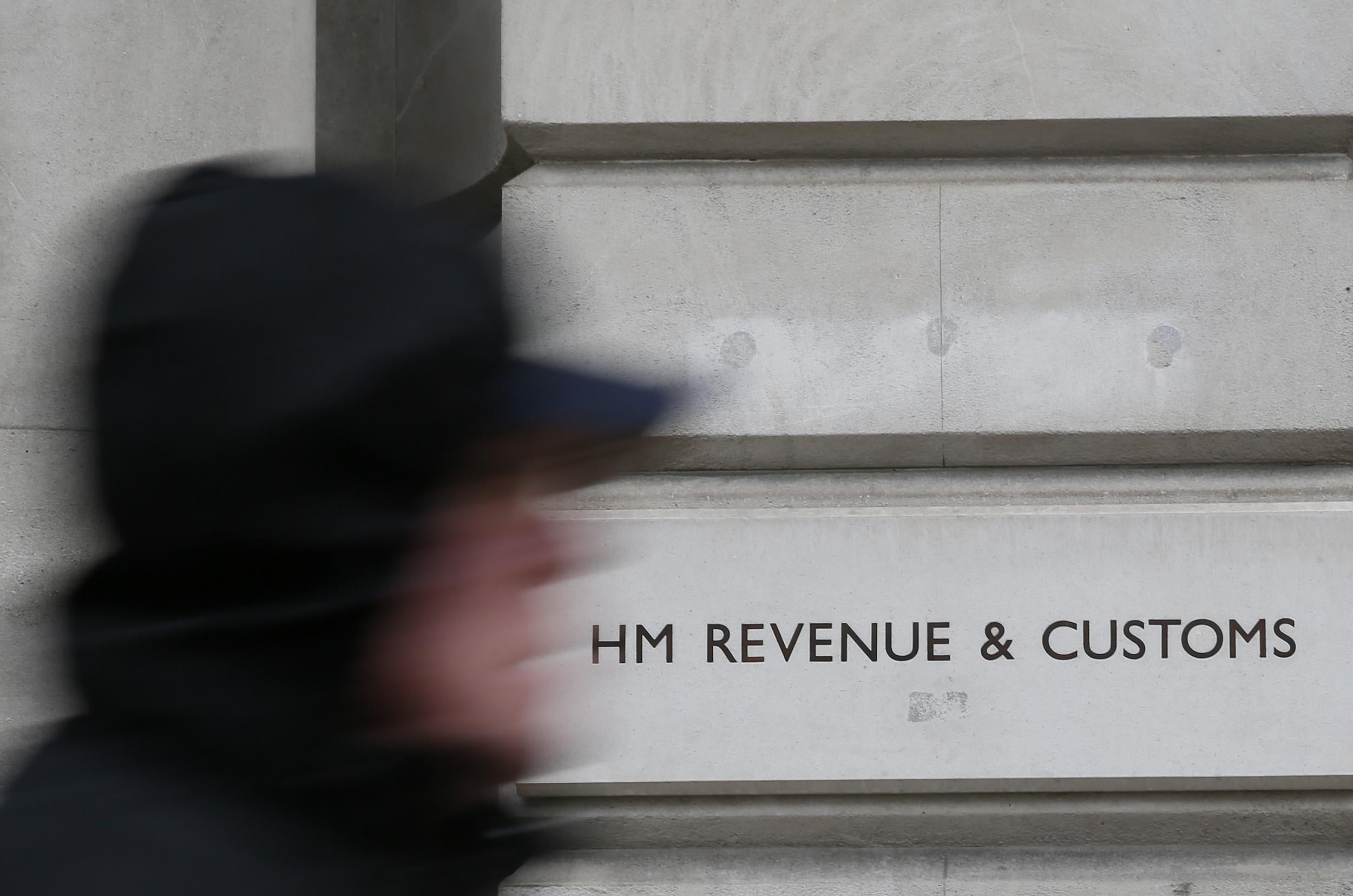‘Unfair’ taxman under fire over rules that may bankrupt a social worker, but MPs are at fault too
A House of Lords report has sharply criticised the way HMRC has enforced the ‘loan charge’ anti avoidance rules. They went through parliament with little or no scrutiny

Your support helps us to tell the story
From reproductive rights to climate change to Big Tech, The Independent is on the ground when the story is developing. Whether it's investigating the financials of Elon Musk's pro-Trump PAC or producing our latest documentary, 'The A Word', which shines a light on the American women fighting for reproductive rights, we know how important it is to parse out the facts from the messaging.
At such a critical moment in US history, we need reporters on the ground. Your donation allows us to keep sending journalists to speak to both sides of the story.
The Independent is trusted by Americans across the entire political spectrum. And unlike many other quality news outlets, we choose not to lock Americans out of our reporting and analysis with paywalls. We believe quality journalism should be available to everyone, paid for by those who can afford it.
Your support makes all the difference.HM Revenue & Customs is once again in the dock over its pursuit of tax avoiders who were compensated for their services via employer “loans” that were never designed to be paid back.
The “loan charge” legislation, introduced last year, was drafted to crack down on what looks, on the face of it, like an open and shut case of tax dodging. Sorry, “aggressive tax avoidance”. Which often seems to amount to much the same thing.
HMRC said in a briefing paper published in July that the legislation would affect 50,000 people. Of them, 65 per cent were held to work in the richly remunerated business and services sector. Management and IT consultants, for example.
Reading it, you could be forgiven for thinking “go get ‘em”. That’s what HMRC has done.
The trouble, as highlighted by the House of Lords Economic Affairs Committee in a report entitled Treating Taxpayers Fairly, is that they weren’t all well paid IT people.
Highlighted in the report is the case of a social worker. She was made redundant only to be rehired by her county council the next day as a “contractor”, a familiar story in modern Britain, and encouraged to take part in the scheme.
The council stood to gain by avoiding the payment of employer national insurance contributions (NICs).
Five years later she was re-employed, but the legislation means she now faces a loan charge of up to a year and a half’s salary that she can’t hope to repay. If she were to go bankrupt as a result of this it would crop up through vetting and prevent her from working, throwing her on the mercy of the benefits system.
Did she know what was going on? Could she have found out? Would she have been “re-employed” if she’d made a fuss (unlikely). Could a person like her have realised they were engaged in a sophisticated tax avoidance scheme? Doubtful.
The report acknowledges that individual beneficiaries of these schemes, or at least some of them, bear some level of responsibility for the jams they now find themselves in.
Not all of those involved are deserving of sympathy. That should be borne in mind.
But the committee found cases where people declared their involvement in the schemes to HMRC, which didn’t raise an issue, until the law was changed and it retrospectively became an issue.
And if they bear some responsibility for their plight, so do their employers. Yet the committee says that there has been little sign of them being taken to task.
As ever, HMRC seems to be targeting the low hanging fruit.
There is, however, a risk of doing the same in focussing on bashing it.
Our county council is not the only public body to have profited from these arrangements. HMRC’s briefing paper also highlighted that a number of teachers, and members of the medical profession, would be caught by the new rules, which means their employers will have escaped paying employer NICs too.
Then there is the question of MPs’ culpability for what’s been going on.
It should be remembered that while HMRC has a certain flexibility as regards how it implements the measures laid down by parliament; which people or bodies to be most aggressive in targeting, which to show forbearance too, it is still under an obligation to implement them.
It appears that there was very little scrutiny of those rules when the legislation was making its way through parliament.
“In the Public Bill Committee of the Finance (No. 2) Act 2017, debate consisted of only three contributions – an introduction from the financial secretary to the treasury, a response from the opposition, and a further response from the minister. Concerns about retrospection and the impact on individuals were briefly raised by the opposition, but not followed up by further debate,” the report says.
That does’t reflect at all well on the people who are supposed to represent us in the mother of parliaments.
Recently there’s been a bit of a fuss raised, with an Early Day Motion signed by more than 100 MPs, and a backbench debate. But really, that’s shutting the stable door after the horse has bolted.
HMRC would do well to treat exceptional cases like that of the social worker with a degree of flexibility. If it can’t, or won’t, perhaps the MPs who failed to effectively scrutinise the legislation might like to organise a whip round.
Join our commenting forum
Join thought-provoking conversations, follow other Independent readers and see their replies
Comments